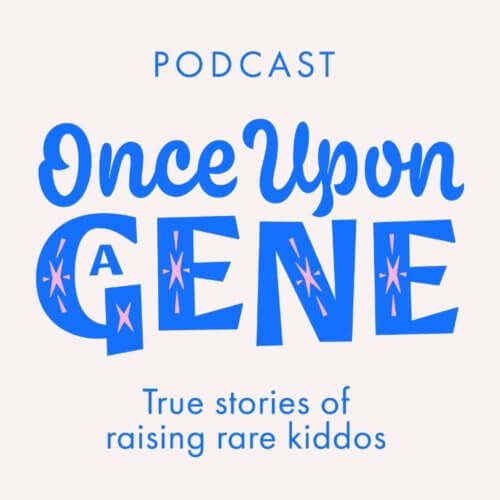Sharing stories and searching for sleep – WPC2019 | 5
In this episode, I talk with Dr. Aleksander Videnovic, a neurologist specializing is movement disorders and sleep medicine at Massachusetts General Hospital and Harvard Medical School. Dr. Videnovic will be speaking at WPC and hosting a roundtable, both of which will focus on Tips and Tricks to Managing Sleep Disorders in Parkinson’s. This link will take you to the full program schedule. The first tip he shares is to report poor sleep to your neurologist and general practitioner. He says sleep disorders are widely under-reported.
The most common issue for people with Parkinson’s is sleep fragmentation. It’s a Parkinson’s specific insomnia that makes it difficult to stay asleep through the night. Dr. Videnovic preaches the importance of a good night’s sleep, “We need sleep to reset our system, we need sleep to consolidate our memories and even more recently it has been discovered that sleep is the stage during which toxic metabolites get eliminated from our brain and from our nerve cells.” If that toxic waste is not expelled from our brain, Dr. Videnovic notes it can cause negative effects on person’s performance, safety, alertness, exacerbate symptoms of Parkinson’s disease or keep Parkinson’s medications from working effectively.
Each episode of the WPC2019 Podcast, I’m going to check in with James Heron, the Executive Director of the Japanese-Canadian Cultural Centre to teach us a new word or phrase and help us better understand the culture so we can avoid embarrassing ourselves or offending our hosts. This episode, Heron explains the Japanese people deal in a lot of ambiguity. It is difficult at times to draw out opinions or get a definitive yes or no answer. Culturally, Heron says this is tied to the important and fundamental Japanese concept of harmony or “Wa.” The word Wa is often used in the Japanese language to give a connotation of something’s Japanese-ness. For instance, Washoku, is Japanese food and Wafuku is Japanese clothing. You can Google the words to hear proper pronunciations.































